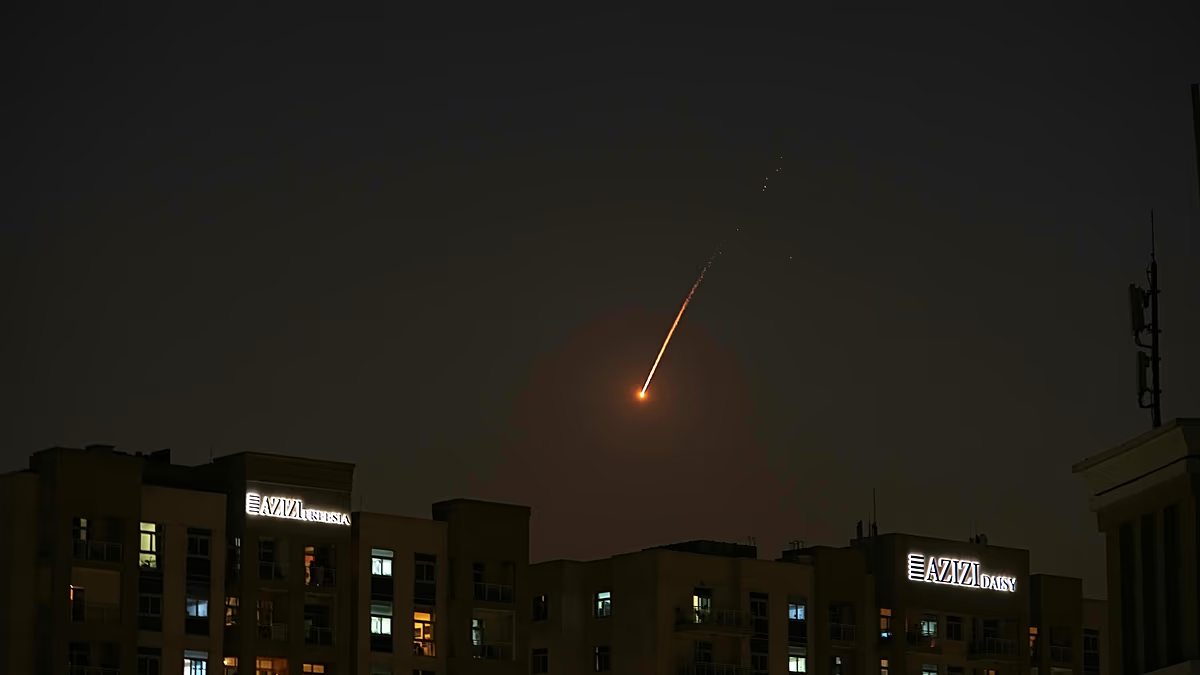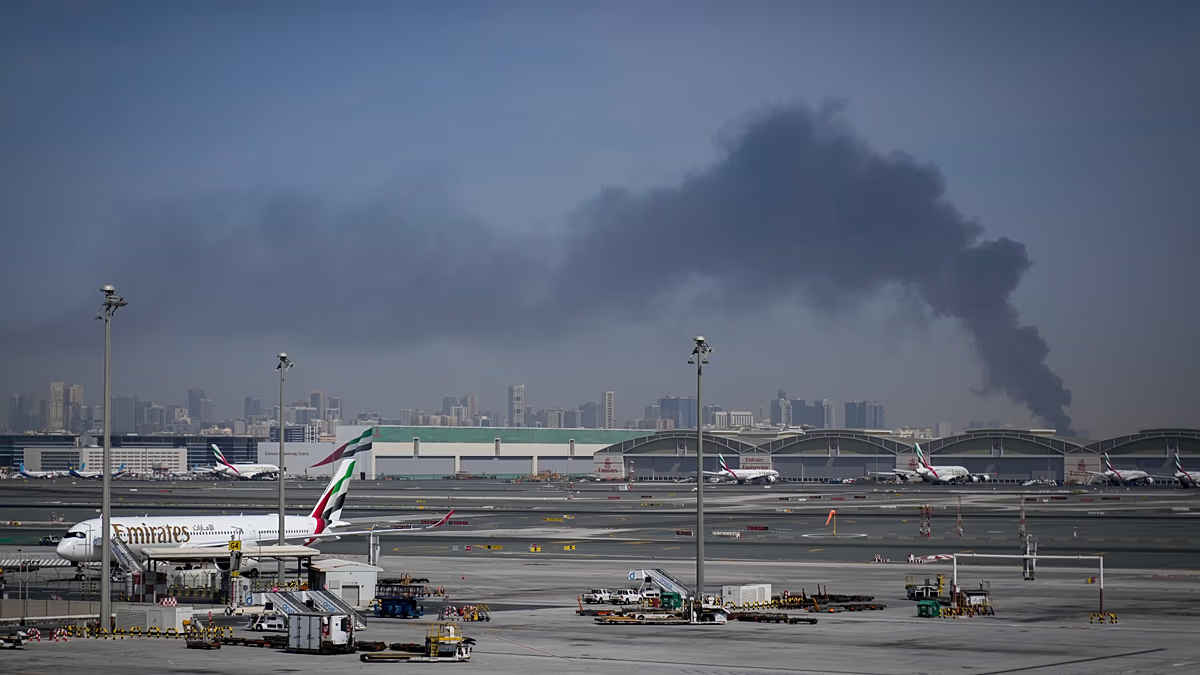French Air Traffic Control Strike: What Travelers Need to Know
The upcoming French air traffic control strike scheduled for September 18th threatens to disrupt travel plans for thousands of passengers across Europe. This industrial action, part of ongoing labor disputes between French air traffic controllers and their employer, comes at a time when the aviation industry is still recovering from post-pandemic challenges. The one-day strike is expected to cause significant delays and cancellations, not only for flights to and from France but also for those traversing French airspace – which includes many routes connecting different parts of Europe.
For travelers with flights booked on September 18th, this strike presents a particularly frustrating situation. Airlines are already warning customers to expect disruptions and are offering options to rebook without penalty. Those with connecting flights through French hubs like Paris Charles de Gaulle or Orly airports should be especially vigilant, as these locations will likely experience the most severe impacts. Travel experts recommend checking flight statuses frequently in the days leading up to departure and downloading airline apps for real-time notifications. While some flights will operate normally, others may face hours-long delays or outright cancellations depending on staffing levels during the strike.
The ripple effects of this strike will extend far beyond French borders, affecting European air travel networks as a whole. Airlines typically need to reroute flights around French airspace during such strikes, leading to longer flight times, increased fuel consumption, and scheduling complications across multiple countries. Budget carriers, which operate on tight margins and schedules, may be particularly affected. Historical data from similar strikes suggests that disruptions could continue into the following day as airlines work to reset their operations and accommodate stranded passengers.
This strike highlights the ongoing tensions between modernization efforts in European air traffic management and concerns from labor groups about working conditions and job security. French air traffic controllers argue that planned changes could undermine their profession and compromise safety standards, while aviation authorities counter that reforms are necessary to handle increasing traffic volumes efficiently. For the average traveler caught in the middle, these labor disputes represent an unfortunate but increasingly common aspect of European air travel, with France experiencing particularly frequent industrial action in the aviation sector.
Passengers affected by the strike do have certain rights under European Union regulations, though these vary depending on circumstances. EU Regulation 261/2004 entitles travelers to care (such as meals and accommodation) during extended delays, though strikes are often classified as “extraordinary circumstances” that may exempt airlines from paying additional compensation. Nevertheless, airlines remain responsible for providing alternative transportation or refunds for canceled flights. Travel insurance may offer additional protection, though policies differ widely in their coverage of strike-related disruptions, making it essential for travelers to check their specific terms.
Looking beyond this immediate disruption, the September 18th strike reflects broader challenges facing European aviation. As air travel continues to grow post-pandemic, the infrastructure supporting it—including air traffic control systems—faces increasing pressure to modernize while addressing legitimate worker concerns. For travelers planning European journeys in the coming months, building flexibility into itineraries and staying informed about potential labor actions has become an unfortunate necessity. While this particular strike will eventually end, the underlying issues suggest that occasional disruptions may remain a feature of European air travel for the foreseeable future, requiring both patience and preparedness from those navigating the skies above the continent.










